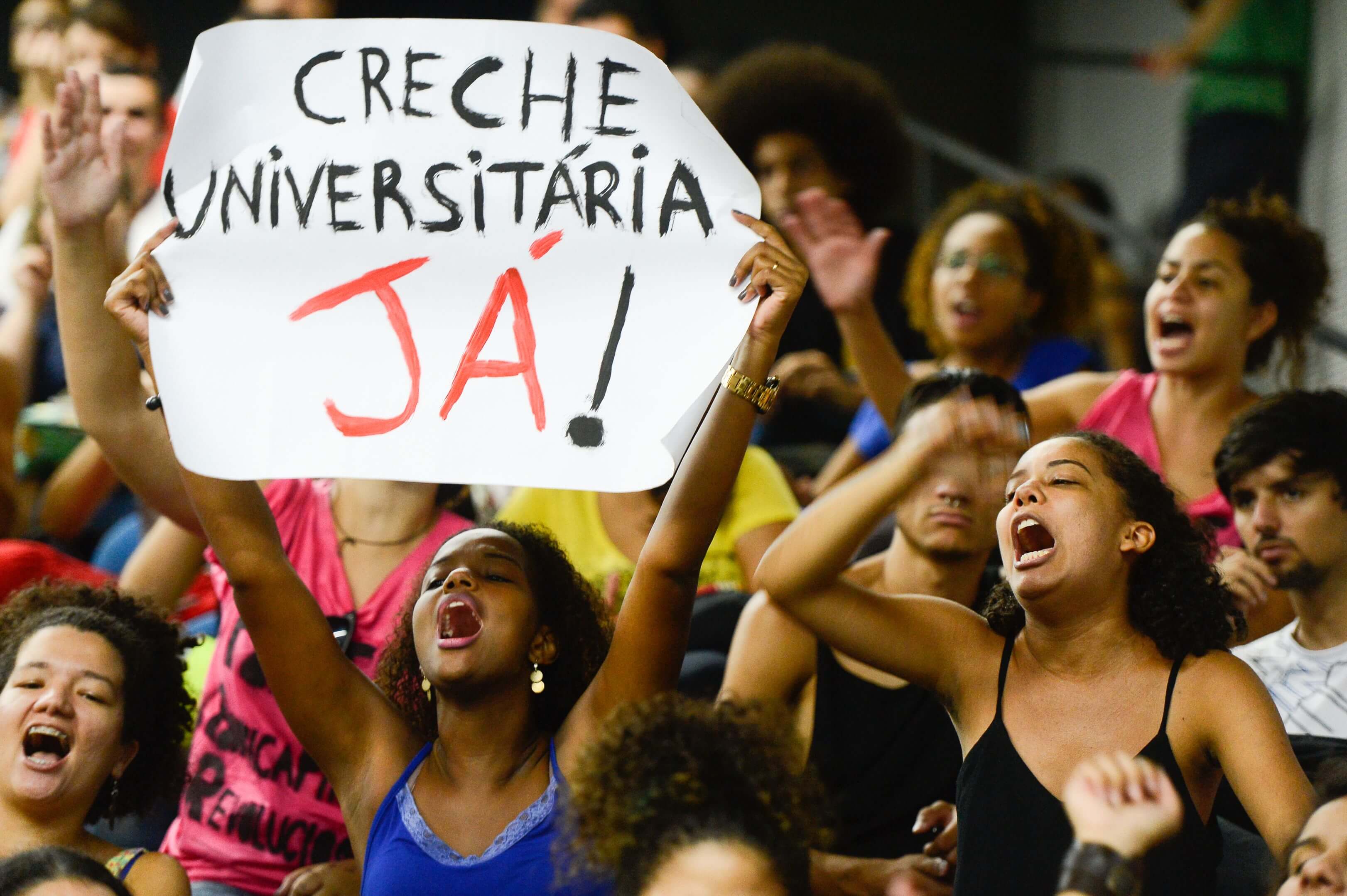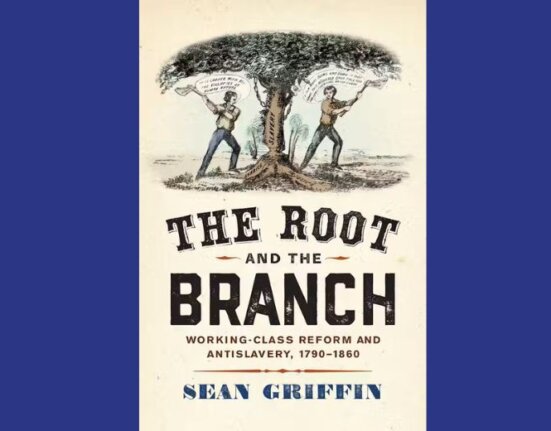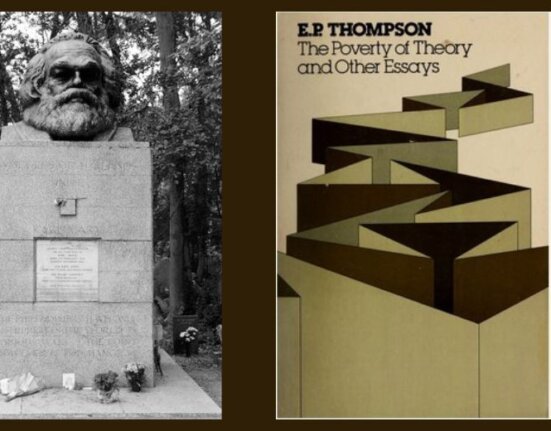On May 11, more than two thirds of senators in Brazil voted to advance impeachment proceedings against President Dilma Rousseff of the Workers’ Party (PT) for state accounting irregularities. The ex-Vice-President, Michel Temer, of the Brazilian Democratic Movement Party (PMDB), has now assumed the Presidency temporarily for up to 180 days while the Senate investigates the charges. If two thirds of senators once again vote in favour of impeachment (considered highly probable), Temer will remain president until the regularly scheduled elections of 2018.

What we have witnessed in Brazil is an “institutional” coup similar to the overthrow of Paraguayan President Fernando Lugo in 2012. After narrowly losing the 2014 federal elections, the traditional right-wing opposition parties and their partners in industry, agro-business and the corporate media opted for a Plan B: cynically capitalize on the widespread disgust of Brazilians with political and economic corruption to scapegoat and bring down the PT government. Aided by the negative effects of the economic crisis, well-organized and funded middle-class opposition groups, media manipulation and one-sided judicial interventions, they convinced the vast majority of the Congress to begin an impeachment process of the president for state accounting maneuvers that are widely practiced by governments in Brazil and around the world.
The hypocrisy of the impeachment proceedings is breathtaking: over half of Brazil’s federal deputies and one-third of senators are currently under investigation for everything from corruption and attempted murder to the use of modern-day slave labor. Three ministers among the 23 all-white, all-male ministers in the interim Temer government have already been fired for corruption and at least four more are under investigation in the same Petrobras scandal that has hit the PT and the Rouseff government. Even the international press, no friend of workers or the left, including The New York Times, The Economist, The Guardian, Le Monde and Der Spiegel, has harshly criticized Rouseff’s impeachment.
What does all this mean for workers in the second largest country in the Americas?

On the surface, the political crisis in Brazil has centered on corruption yet it is really about who controls the liberal democratic state in the world’s ninth largest economy.
During the economic boom in Brazil from 2002 to 2012, the PT government was able to advance modest social reforms while maintaining an orthodox financial policy that benefitted financial and agro-industrial capital. A robust world climate for an economy based on agricultural and mineral exports allowed the government to pay off most of its international debt and increase living standards for the very poorest Brazilians through focused assistance programs, even while the rich benefitted disproportionately. Employment creation was strong throughout this period although 90% of the jobs created were poorly-paid and precarious.
Alliances with a range of centrist and right-wing parties, many of them with links to the 1964–1985 military dictatorship, allowed the PT to advance part of its agenda despite the opposition’s control of Congress. (1) A tamed union bureaucracy closely tied to the party constantly dampened workers’ struggle throughout the four mandates of the PT in the federal government. The PT’s political power was also boosted by the thousands of former trade unionists and PT militants who occupied key positions in the government, state companies and union pension-funds. (2)
But when the world economic crisis reached the country in 2012, the government completely embraced neoliberalism and its austerity mandates. Continuing its two-decade transformation into a Third Way social-democratic party, the PT began to reduce social programs and pension rights while maintaining the disastrous high-interest-rate policy and financial orthodoxy so desired by the banking sector whose profits have broken records year after year. Interest rates are among the highest in the world and almost half of government receipts are used to pay off a national debt that is now held largely by Brazilian banks. Even well into the impeachment process, the Rouseff government was advancing anti-worker legislation and an austerity agenda, as well as steering through Congress an “anti-terror” bill that criminalizes social and union movements.

Furthermore, many leading PT politicians adopted the same corrupt practices as the traditional opposition enriching themselves and the party through kickback schemes and illegal campaign financing. That ex-government ministers and founding members of the party have left politics to become multi-millionaire political consultants has only deepened the sense that the Workers’ Party is no longer a party of the Left. Millionaire ex-President Lula’s boast that he is second only to Bill Clinton on the ex-president’s speaking circuit fees came as a slap in the face to many working-class militants in the party.
Meanwhile, the worsening economic climate and the rising expectations accumulated during the boom years saw a massive wave of job actions with record-breaking strike levels from 2012 to 2014. As several researchers have documented, (3) in addition to the highly-organized public sector unions, this strike wave witnessed the participation of many precarious workers in services, telemarketing and other contracted out sectors. The June Days of 2013, when millions of young workers and students took to the streets against transit-fare increases and for improved public services, was the highlight of this process. (4)
Yet the right mobilized against the PT government after the 2014 elections less for the little it accomplished for workers and more for what it was not able to achieve. In the context of economic crisis, the main representatives of the ruling class, with the banks in the lead, demanded that the federal government deepen the austerity strategy and contain working-class discontent. The Rouseff government complied soon after the election with the appointment of a banker as Finance Minister who proceeded to cut more than $R50 billion from education, healthcare and urban infrastructure programs.
But this was too little, too late for the traditional opposition parties who saw the government’s increasing inability to manage the economic crisis as a chance to finally overthrow the opponents that they were unable to defeat in democratic elections. The hypocritical “anti-corruption” campaign was thus a means to regain control of the state in Brazil.

It is too early to chart all the possible consequences of the new government of President Michel Temer on workers. Yet in his first days in office, Temer signaled clearly that he intends to intensify the neoliberal political agenda. His first act as President was to appoint a group of 23 political allies as ministers (with key representatives from the evangelical Christian and agro-business sectors) to oversee the further privatization of state assets, cuts to social programs and labor rights and a strict law and order regime.
His choice as Finance Minister, Henrique Meirelles, an international banker who was President of the Central Bank in Brazil during the 8 years of the Lula government of the PT between 2002-2010, clearly shows the continuities between the warmed-over left neoliberalism of the PT and the new openly neoliberal interim government. His first act as Minister was to incorporate the Ministry of Pensions into the Finance Ministry, signaling the long-held intention of business groups and neoliberal economists to gut the pension system.
Yet the severity of the economic crisis, the demoralization and current weakness of the PT’s traditional base and the confidence of the new government, means that Meirelles will have much more leeway to attempt to impose a drastic austerity program. Indeed, the first major legislative package of the government, still under debate, is a plan to freeze social spending for 20 years in a bid to pay off the public debt. This will severely impact all workers in Brazil, a country that is still distinguished by massive class inequality in the distribution of wealth.
Interim government ministers have also publicly discussed the necessity to cut funding for education, healthcare, housing, pensions and other social programs and privatize state assets. The demarcation of lands for native peoples and quilombolas (descendants of runaway slaves), woefully neglected by the PT governments, are also under threat. Despite recent deadly environmental disasters, the streamlining of environmental regulations in favor of companies, already begun by the Dilma government, has been widely touted by business associations allied with the interim government.
There are also diverse legislative initiatives in process in both houses of Congress, ardently supported by the interim government, that represent severe setbacks for social and labor rights:
- the “regulation” of contracting out with few limits, permitting the further precarization of labor relations;
- the reduction of the minimum working age from 16 to 14 years;
- the institution of an extrajudicial agreement allowing direct negotiations between individual workers and employers thereby circumventing unions;
- the prohibition of the right of a fired worker to file grievances in the Labor Courts;
- the suppression of key clauses in existing legislation on modern-day slave labor dealing with overly long working hours and degrading work conditions.
As Mariana Sampaio has highlighted, even the IMF has recently declared that such austerity programs and cuts to social and labor rights have deepened inequality, threatening to return Brazil back to the time when bosses had total rights over all their property, including workers.
Ultimately, the small but growing non-PT left and workers’ movement in Brazil is faced with the same challenge as before the political crisis erupted in 2015: building a broad-based movement against both the left neoliberalism of the PT and the illegitimate interim government. However the political crisis is resolved, ordinary Brazilians will still face attacks on their living standards. The only way forward is mobilizing in the streets and workplaces to turn the tide against Brazilian capital and elites, whether of the traditional right or the PT.

[1] On the PT’s transformation into a business as usual party, see Wendy Hunter, The Transformation of the Workers’ Party in Brazil, 1989 -2009, New York: Cambridge University Press, 2010.
[2] On the incorporation of the unions into the state, consult Andréia Galvão, “The Brazilian Labour Movement under PT Governments.” Latin American Perspectives 41, n.5 (2014): 184-199.
[3] See, among others, Ruy Braga, “The End of Lulism and the Palace Coup in Brazil,” Global Dialogues, v.6, n.3 (August 2016) and Marcelo Badaró Mattos, “New and Old Forms of Social Movements: A Discussion from Brazil.” Critique, v.43, n.3-4, (2015): 485-499.
[4] See Sean Purdy, “Brazil’s June Days of 2013: Mass Protest, Class and the Left,” Latin American Perspectives (forthcoming).








2 Comments
Comments are closed.